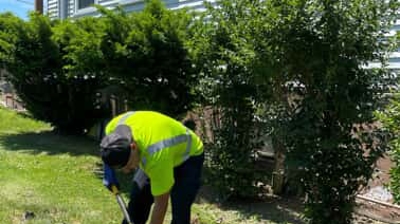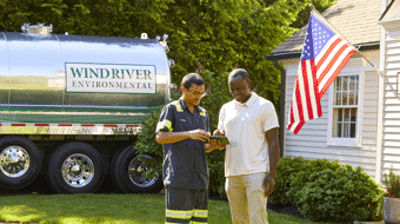Many homeowners and new homebuyers with septic are presented with a choice: stay on septic or switch to the municipal sewer. This decision depends on how much time, money, and comfort with your septic system you are willing to sacrifice. However, it’s not that simple! Here are some frequently asked questions about septic to sewer conversions.
Septic to Sewer Conversion: Frequently Asked Questions
How Intrusive is a Septic to Sewer Conversion?
Switching from a septic system to your town’s sewer requires a bit of work on your property. The process typically takes days to complete and just like installing a septic system, requires digging. If your septic system is being completely removed, which is not always necessary, then the process is even more extensive. If you plan on doing this, avoid doing this around holidays or when the entire family is spending lots of time at home.
Does Switching From Septic to Sewer Cost Less?
Current homeowners on septic may think they’re saving when switching to sewer, as the same level of maintenance is no longer necessary. However, the opposite is often true. Installing sewer lines in your home isn’t cheap and that cost alone is a major factor in deciding to switch. Costs vary, but adding a sewer connection to your house commonly costs thousands of dollars just to install.
After the installation, there are recurring monthly bills for the town sewer. Over the course of a year, these new payments add up, and sometimes meet or exceed the cost of septic maintenance.
Many areas such as around the Chesapeake Bay in Virginia receive state grants that make sewer to septic conversion more affordable. If your municipality offers a similar program, this grant helps reduce the upfront cost, but often still leaves a substantial amount for the homeowner to pay.
Is Sewer Maintenance the Same as Septic?
Despite sewer and septic both being effective ways of getting rid of wastewater, the ways to maintain a healthy system differ. While septic has numerous preventative maintenance techniques to ensure it’s working at maximum efficiency, a municipal sewer is somewhat out of your hands. If there are issues with the larger sewer system, you need to wait on your town to fix the problem.
Although your home is connected to the municipal sewer, you’re also responsible up to the connection. When installing a sewer connection, it’s crucial to stay involved so you understand where your responsibility starts and ends. In the case of an issue, you need to prove that the issue is not your responsibility.
Homeowners have more autonomy over their wastewater solution with a septic system. Since the entire septic system is located on your property, a septic service provider remedies any issues you’re facing. While plumbers are able to fix specific sewer issues, they don’t have as much control if the problem is not on your property.
Whether you’ve newly switched to septic or need a new septic service provider, Wind River Environmental is here to help. If you have any inquiries about sewer to septic conversion, call Wind River Environmental at (877) 560-9007. For any septic questions or issues, don’t hesitate to contact us today!




